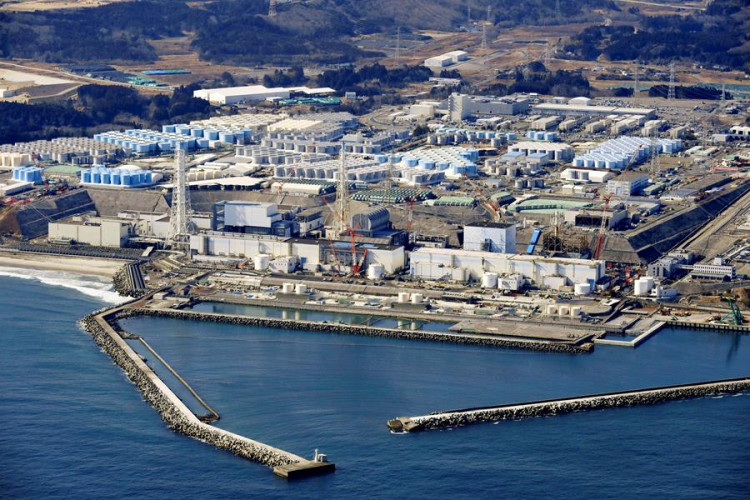In a move that has ignited international tensions, Japan has commenced the release of treated radioactive water from the Fukushima nuclear plant into the Pacific Ocean. This decision, which Tokyo asserts is essential for decommissioning the damaged facility, has been met with fierce opposition both domestically and abroad.
The release began around 1 p.m. local time, orchestrated by the Tokyo Electric Power Company (TEPCO). This process is expected to span approximately 30 years, with an estimated 1.3 million metric tons of wastewater being discharged. The International Atomic Energy Agency (IAEA) and the Japanese government have both endorsed the plan, emphasizing that it aligns with international safety standards and poses a "negligible radiological impact" on the environment and human health.
This water, which has been used to cool the Fukushima plant's nuclear reactors since the 2011 meltdown, is stored in nearly 1,000 tanks on the premises. While most radioactive elements have been filtered out, the water still contains tritium, a hard-to-remove hydrogen isotope. However, officials have reassured that tritium levels will be well below the World Health Organization's safety threshold. The IAEA has also confirmed that the tritium levels in the initial batch of released water are significantly below the operational limit.
Despite these assurances, the move has been met with skepticism and concern. Japanese fishing groups, environmental activists, and certain scientists have voiced their apprehensions, pointing to potential risks that might not yet be fully understood. China, a significant importer of Japanese seafood, has been particularly vocal in its criticism. Labeling the discharge as a "selfish and irresponsible act," the Chinese Foreign Ministry expressed its disapproval. In a direct response to the release, China's customs department announced a comprehensive ban on all Japanese aquatic products, citing concerns over radioactive contamination and the safety of Chinese consumers.
The decision to release the water has been years in the making. Following the 2011 earthquake and tsunami, the Fukushima plant's water became contaminated with radioactive material. Since then, new water has been introduced to cool the reactors, while rain and groundwater have added to the volume, resulting in the accumulation of more radioactive wastewater.
While some nations, including the US and Taiwan, have shown support for Japan's decision, others like China and the Pacific Islands have vehemently opposed it. The Chinese public has also expressed its disapproval, with social media platforms like Weibo buzzing with discussions and calls for broader boycotts of Japanese products.
The release's long-term implications remain to be seen, but it's clear that this decision has far-reaching ramifications, not just for Japan but for its neighbors and the broader international community.





